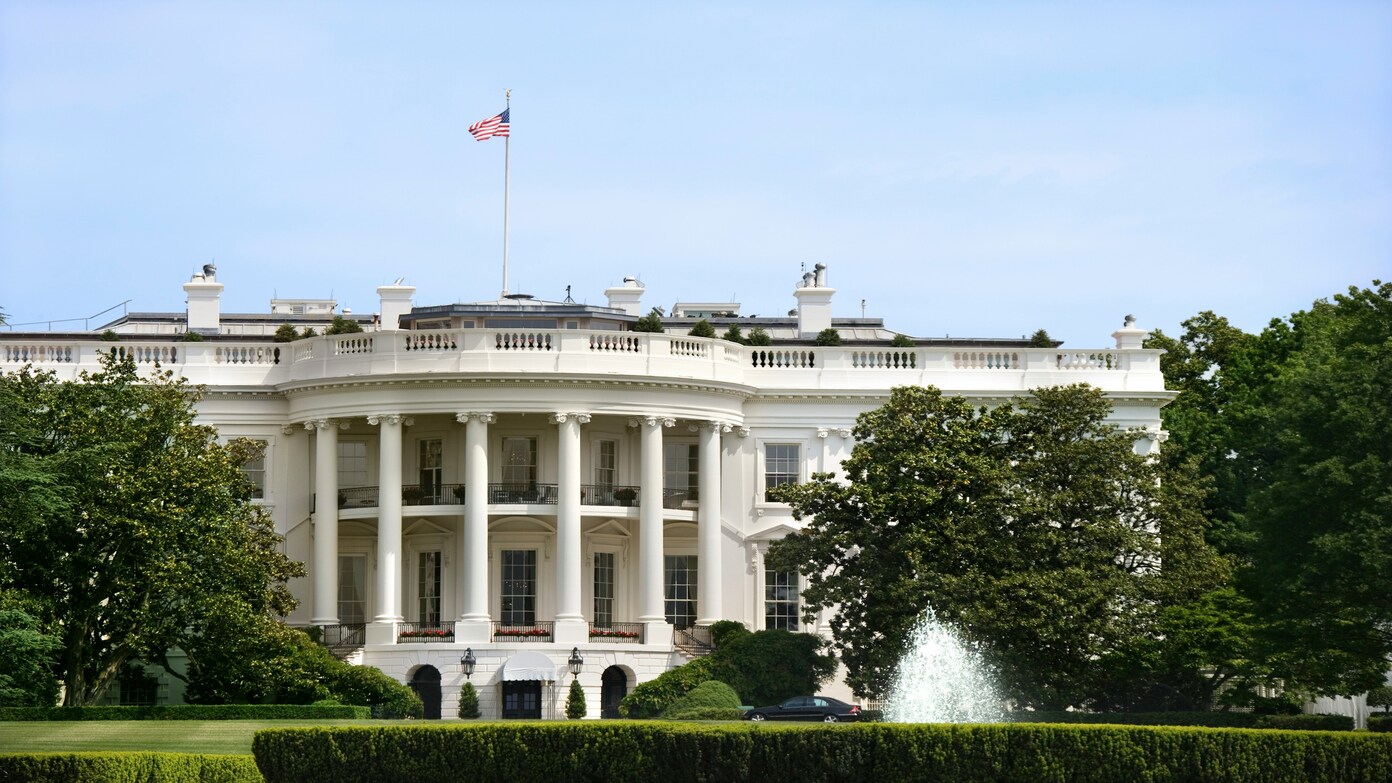The US Constitution and federal laws address what happens if a president-elect dies before taking office, but the process varies depending on the timing of the candidate’s death.
The role of the Electoral College
After the general election, the president-elect is formally selected by the Electoral College in December. If the president-elect dies before this vote, the situation becomes complex, as party officials would need to guide electors on their next steps. Both major parties have internal rules for replacing deceased candidates, typically empowering the party’s national committee to nominate a new candidate. However, in practice, the electors could likely vote for the vice-presidential candidate or another designated replacement, depending on the instructions from their party leadership and state laws governing “faithless electors” (electors who don’t vote for their pledged candidate). This scenario would almost certainly trigger legal challenges, as each state has varying levels of guidance on handling electors’ votes if a candidate dies post-election but before the electoral vote.
If the President-Elect dies after the Electoral College vote
Should the president-elect die between the Electoral College vote and Congress’s certification of the electoral results in early January, the vice president-elect would likely become the primary candidate to assume the presidency. In theory, Congress has the authority to object to the electoral votes in any state, potentially sparking intense political debates and legal challenges. However, this scenario is unprecedented, and Congress would face significant pressure to honor the electoral outcome without altering the intended line of succession.
Constitutional succession: The 20th Amendment
Once Congress certifies the Electoral College vote, the president-elect is formally recognized. If the president-elect dies between this certification and the inauguration on January 20, the 20th Amendment mandates that the vice president-elect become president. This provision establishes a clear line of succession, allowing for the vice-president-elect to be sworn in as president on Inauguration Day.
Historical precedents and legal gray areas
Historical precedents, such as Horace Greeley’s death in 1872 after the popular vote but before the Electoral College met, illustrate the potential complications. In Greeley’s case, some of his pledged electors cast their votes for other candidates, while Congress ultimately invalidated votes cast for him. Although the process has evolved since then, and many states now have “faithless elector” laws, some legal ambiguities remain around electors’ responsibilities if the winning candidate dies after the election but before taking office.
The importance of the vice-presidential candidate
The vice-presidential candidate’s role becomes crucial in any scenario where the president-elect dies, as they would likely be the party’s preferred successor. This importance is emphasized by both historical practice and current law, positioning the vice-president-elect as the immediate successor should the need arise.
Read now: Democrats to go after Elon Musk as a major liability for the Republicans in the midterms

